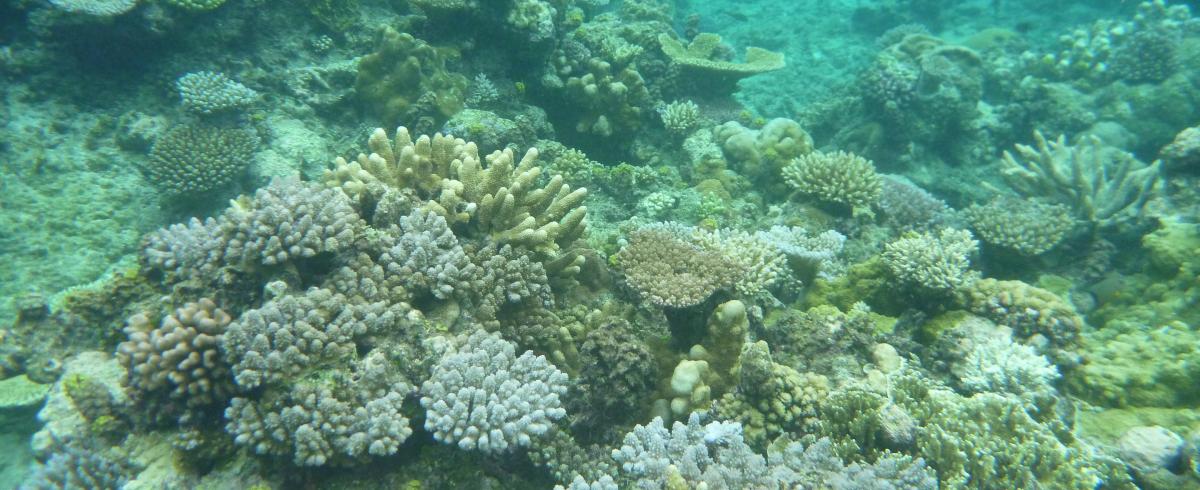Blue Infrastructure Supporting SDG 14 in Coastal Communities in Indonesia
In this white paper, “Blue Infrastructure Supporting SDG 14 in Coastal Communities in Indonesia,” we outline the pros, cons, and impact of blue infrastructure solutions, alternatives, and adaptations to gray infrastructure that will best suit the needs of coastal communities in Indonesia. We provide examples of what is working around the world, and hope this serves as a resource for other partners and decision-makers who want to achieve U.N. Sustainable Development Goal 14: Life Below Water.

